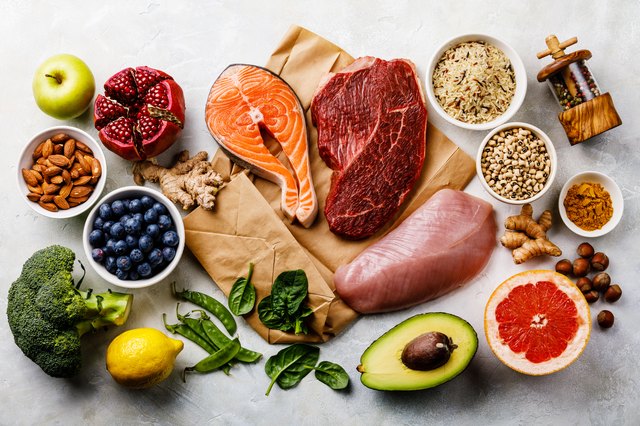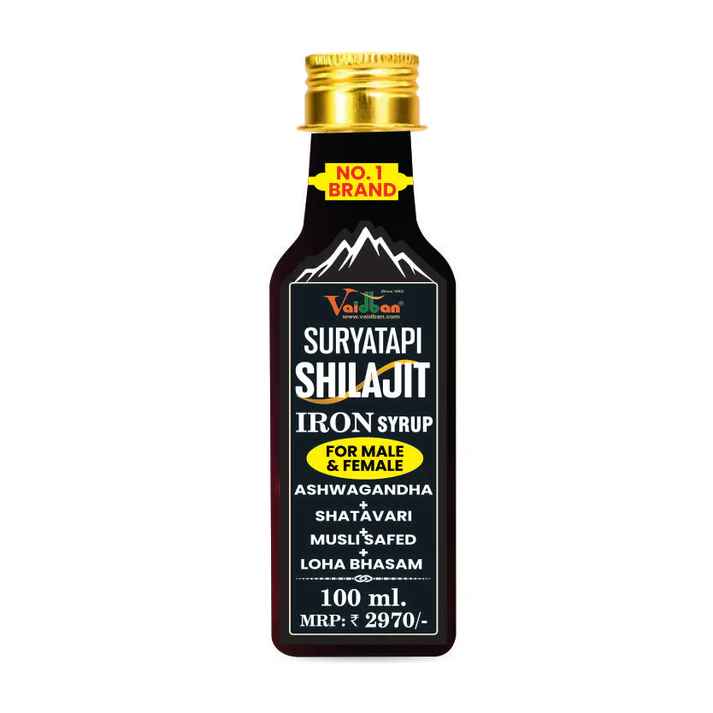Iron is an essential mineral that plays a crucial role in the production of hemoglobin, which helps transport oxygen throughout the body. Low iron levels can lead to anemia, causing fatigue, weakness, and other health issues. If you’re looking to boost your iron levels quickly and naturally, this guide is for you. Discover effective ways to increase iron levels and improve your overall health.
1. Eat Iron-Rich Foods

One of the most effective ways to increase iron levels is by incorporating iron-rich foods into your diet. There are two types of dietary iron: heme iron and non-heme iron. Heme iron, found in animal products, is more easily absorbed by the body. Non-heme iron, found in plant-based foods, is also beneficial but requires the help of vitamin C for better absorption.
1. Heme Iron Sources
- Red meat
- Poultry
- Fish
- Shellfish
2. Non-Heme Iron Sources
- Lentils
- Beans
- Tofu
- Spinach
- Quinoa
- Fortified cereals
2. Pair Iron with Vitamin C
Vitamin C enhances the absorption of non-heme iron. To increase iron levels, pair iron-rich foods with vitamin C-rich foods. For example, add bell peppers to your spinach salad or squeeze lemon juice over your lentil soup. Some excellent sources of vitamin C include:
- Citrus fruits (oranges, lemons, grapefruits)
- Berries (strawberries, blueberries)
- Kiwi
- Pineapple
- Broccoli
- Tomatoes
3. Avoid Iron Inhibitors

Certain foods and beverages can inhibit iron absorption, making it harder to increase iron levels. To optimize your iron intake, limit the consumption of these inhibitors around meal times:
- Coffee and tea (contain tannins)
- Dairy products (high in calcium)
- Whole grains and legumes (contain phytic acid)
- Soy protein
4. Cook with Cast Iron Cookware

Cooking with cast iron cookware can significantly increase the iron content of your food, especially acidic foods like tomatoes. The iron from the cookware leaches into the food, providing an additional source of dietary iron. This is a simple and effective way to naturally increase iron levels.

5. Consider Iron Supplements
If dietary changes alone are not enough to increase iron levels, consider taking iron supplements. It’s important to consult with a healthcare professional before starting any supplementation to determine the appropriate dosage and to avoid potential side effects. Iron supplements can be particularly beneficial for individuals with iron-deficiency anemia.
6. Monitor Your Iron Intake
Regularly monitoring your iron levels through blood tests can help you keep track of your progress. Work with your healthcare provider to ensure that your iron levels are within a healthy range. Adjust your diet and supplements as needed to maintain optimal iron levels.
Conclusion
Increasing iron levels quickly and naturally is achievable with the right dietary choices and lifestyle changes. By incorporating iron-rich foods, pairing them with vitamin C, avoiding iron inhibitors, cooking with cast iron cookware, and considering supplements, you can effectively boost your iron levels. Always consult with a healthcare professional before making significant changes to your diet or supplement regimen.
If you have any queries related to medical health, consult Subhash Goyal or his team members on this given no +91 88008 25789, +91 99150 99575, +918283060000




